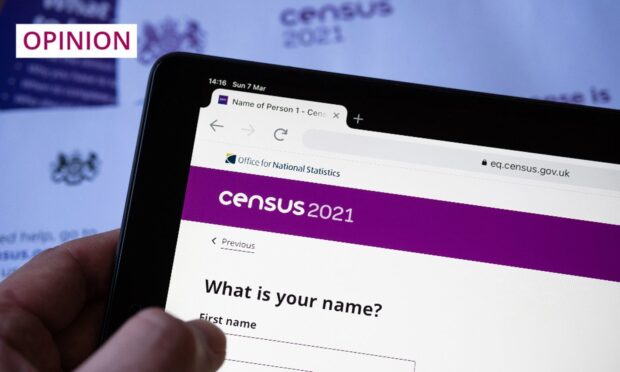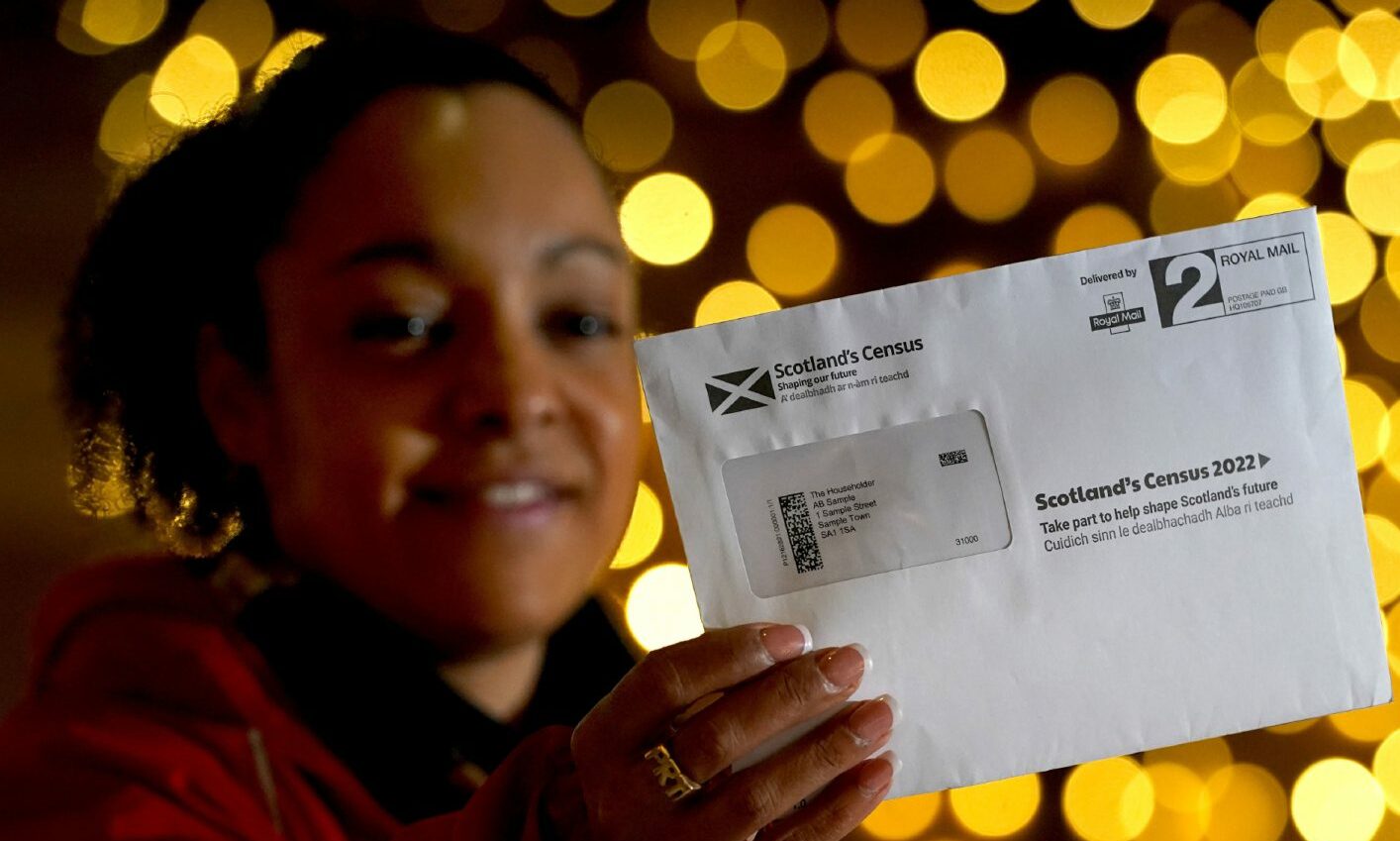Why get rid of a national survey that’s come round every 10 years since 1801?
A survey that treats everyone – irrespective of age, wealth, gender or ethnicity – on exactly the same basis.
A survey that delivers key data on matters as varied as a particular locality’s age-structure and the number of Scots who speak Gaelic.
A survey that, when individual responses are made publicly available 100 years on from their completion, provides unique insights into our shared past – insights that have been worked up into hit TV shows like Who Do You Think You Are?
This survey is the census. That it’s at risk of being abolished is evident from an Office for National Statistics (ONS) consultation on “the future of population and migration statistics”.
There, we’re told that the UK Government “has set out its ambition” that future censuses “will be conducted using other sources of data and providing more timely statistical information”.
The ONS is sure that this can be done, and that its staff, when given access to information already held by a whole variety of other public agencies, can make the census redundant. But there are widespread suspicions that, in looking to phase out the census, the UK Government is simply trying to save a bit of cash.
Leading academics and other experts – convinced that no patched-together set of data from other sources can replicate a census’s comprehensiveness – are insistent that the next census, due in 2031, should go ahead as usual.
Holyrood made a complete hash of Scotland’s last census
The ONS will announce its conclusions next year. And, while its consultation exercise deals only with England and Wales, it’s a virtual certainty that if there are to be no more censuses south of the border, Scotland’s centuries-long run of censuses will also come to an end.
This, a cynic might suggest, could suit the Scottish Government very well – the Holyrood authorities having made a complete hash of the country’s most recent population count.
Despite the census in England, Wales and Northern Ireland having been held as planned in April 2021, Scottish ministers decided that, because of Covid, Scotland’s census should be delayed for 12 months.
This meant that the barrage of UK-wide publicity that always accompanies a census wasn’t available when Scotland’s census eventually took place – something that goes a long way to account for the Scottish response rate being way behind the English rate of 97%.
An initial response rate in Scotland of just 79% made our 2022 census the most badly managed in 220 years. Costly extensions of the completion date got the final figure up to 87%. But even that’s nowhere near the rate that statisticians reckon is required to guarantee the accuracy of a census’s findings.
Might things have gone better if, instead of relying heavily on online returns of census forms, the Scottish Government had reverted to the tried and tested method of having thousands of census-takers or enumerators go from door to door?
I hope 2031 brings with it another census
As can be seen from 19th-century census returns now available on the ScotlandsPeople website, enumerators went to enormous lengths to earn the pound or two they got by way of payment.
One of them, Hugh Cameron, was responsible in 1871 for both delivering and collecting census forms in a part of the West Highland parish of Morvern, where there were no roads and where the population consisted of just three shepherds and their families.
These families were “so far apart”, Cameron reported, that getting from one to the other, not once but twice in just a few days, was “most difficult”. He trekked first to Inninmore on the Sound of Mull. Then he made for Eigneig on the shores of what he called “the Linnhe Loch”.
Next, Cameron wrote, he headed into “the interior”, making the last of his three calls at Tearnait – many miles from his starting point, and with a long walk home still in front of him.
But for Hugh Cameron, I wouldn’t have the access to the information that he collected from Tearnait’s shepherd – my great-grandfather
Thanks to the efforts of Hugh Cameron and his fellow enumerators, then, there was no possibility in 1871 – as there would be in 2022 – of hundreds of thousands of people being omitted from Scotland’s census.
And, but for Hugh Cameron, I wouldn’t have the access the ScotlandsPeople website now provides to the information that Cameron collected from Tearnait’s shepherd – my great-grandfather.
Perhaps it won’t matter if, next century, there’s no 2031 equivalent of earlier censuses for future researchers to access. Perhaps, as the ONS maintains, “we have reached a point where a serious question can be asked about the role the census plays in our statistical system”.
But, as someone who’s made huge use of census data from the past, I’m with the ONS’s critics. Come 2031, I hope, we’ll again be setting aside the few minutes it takes to complete a census return.
Jim Hunter is a historian, award-winning author and Emeritus Professor of History at the University of the Highlands and Islands


Conversation